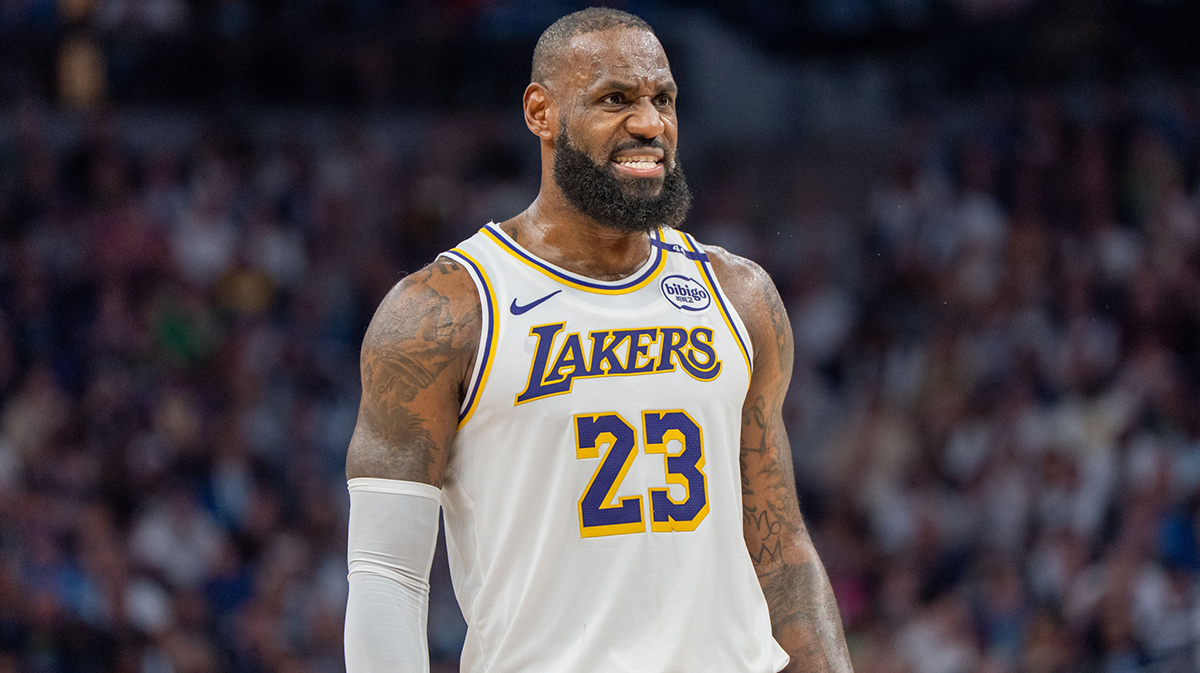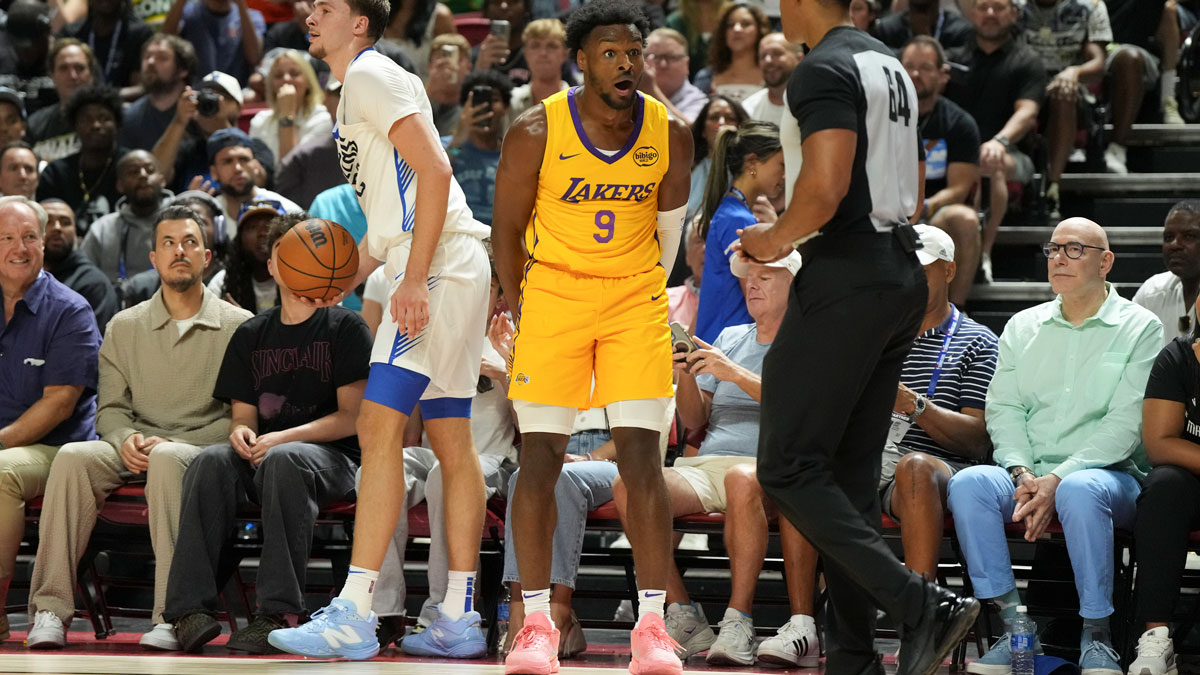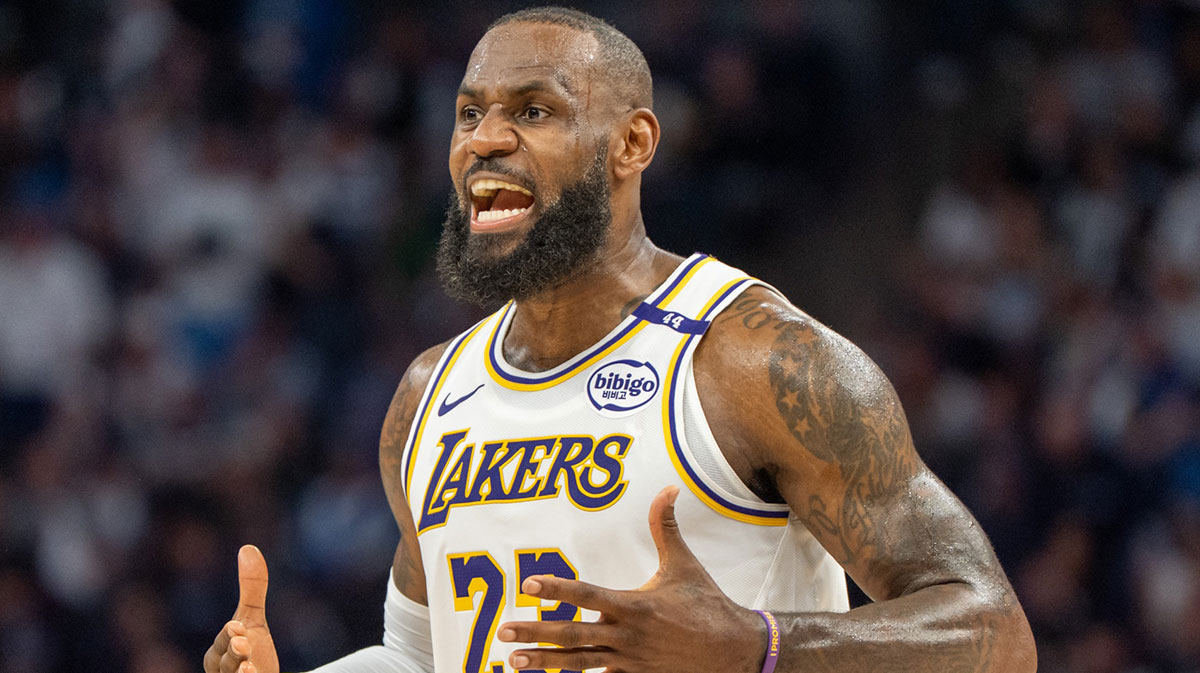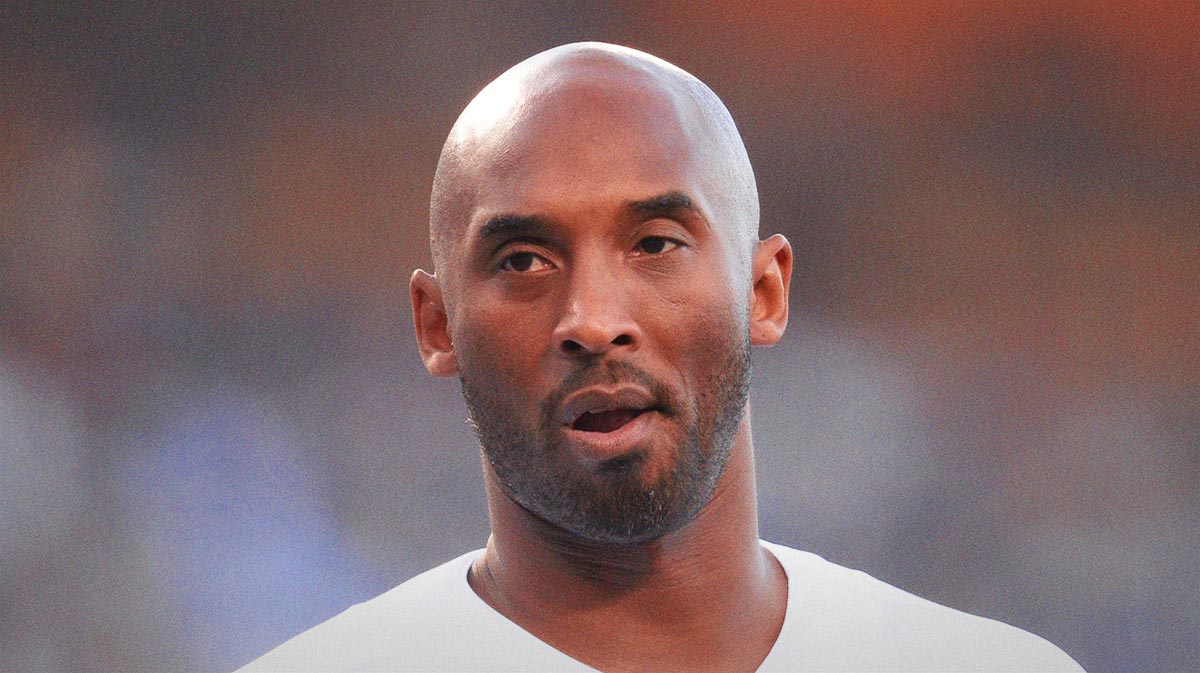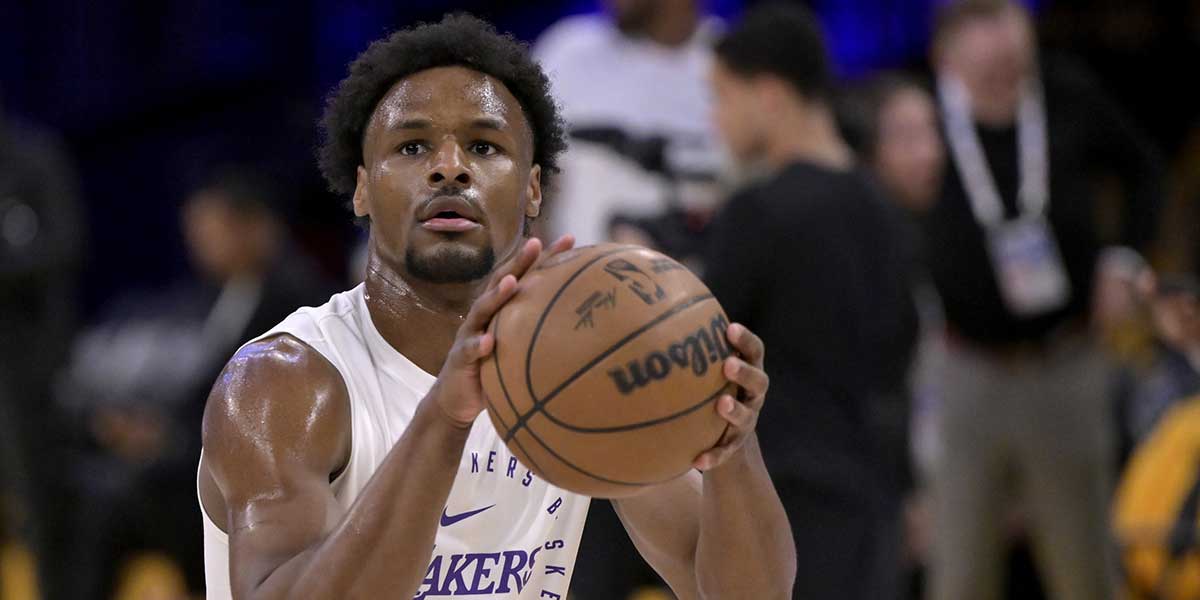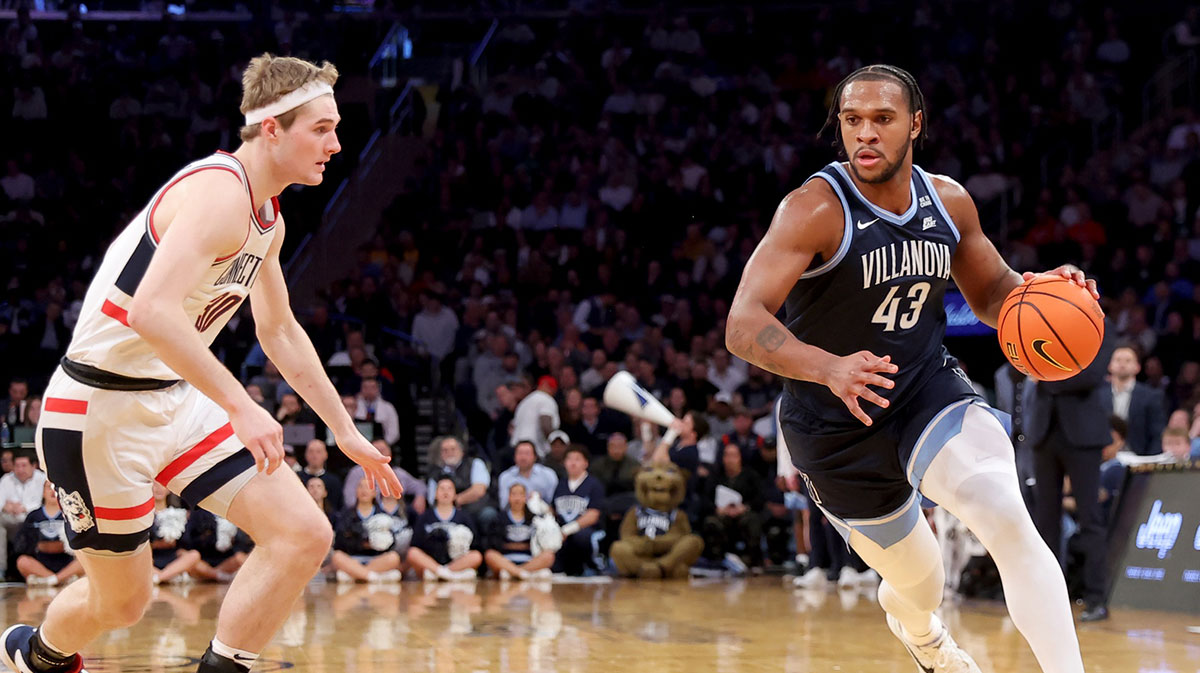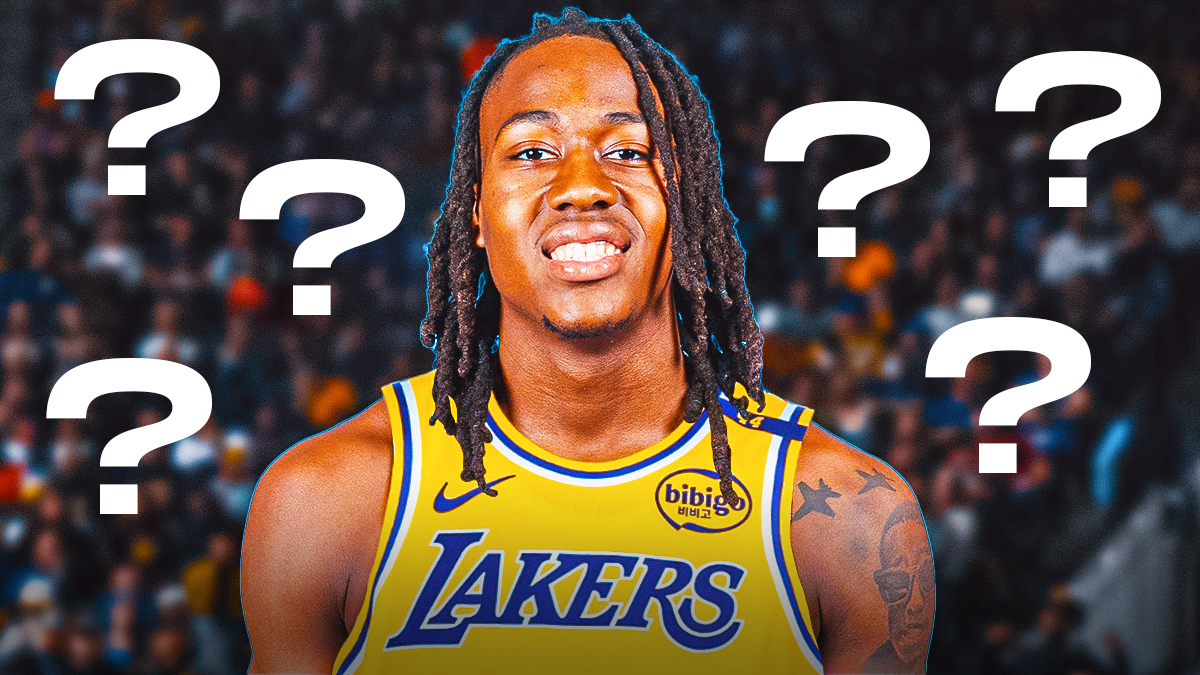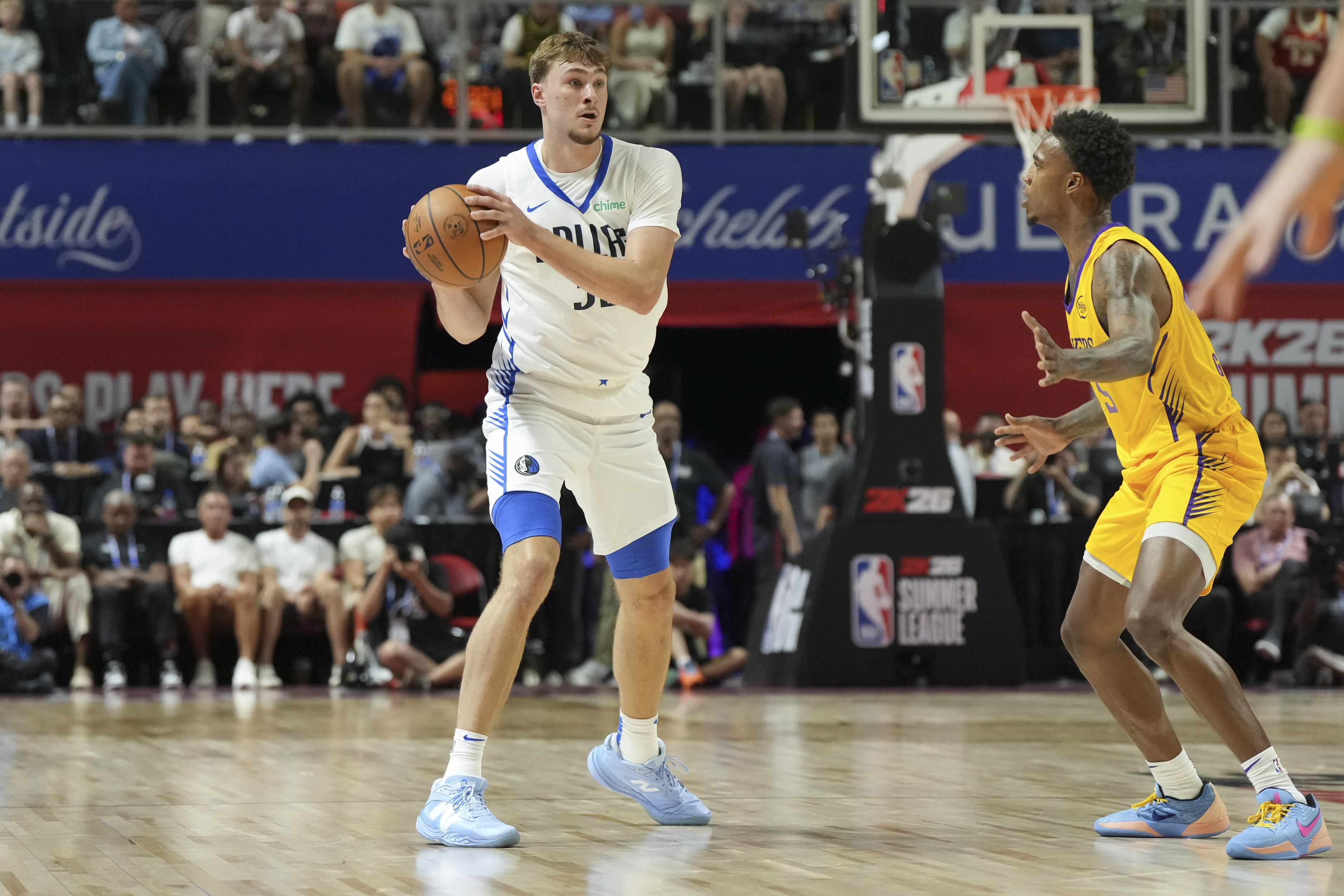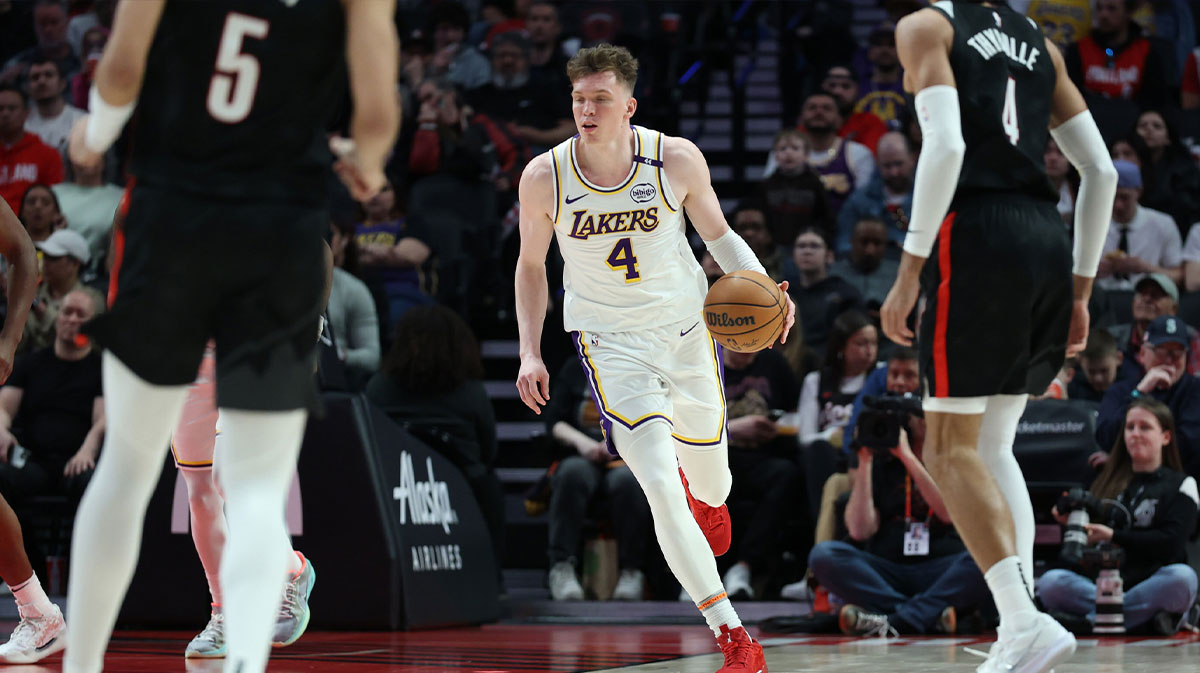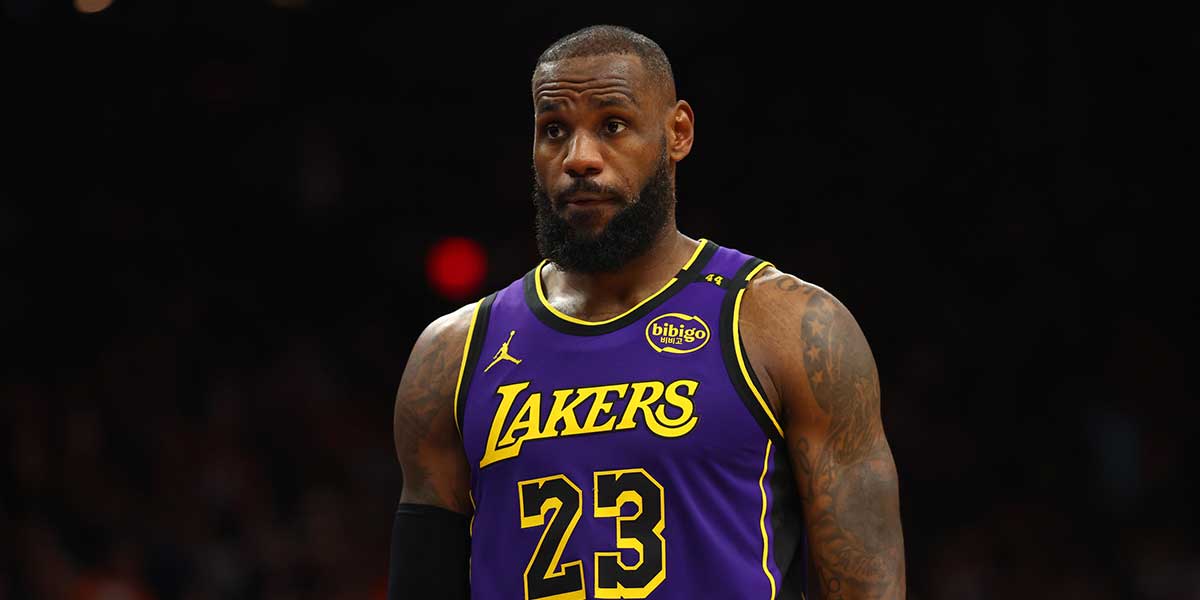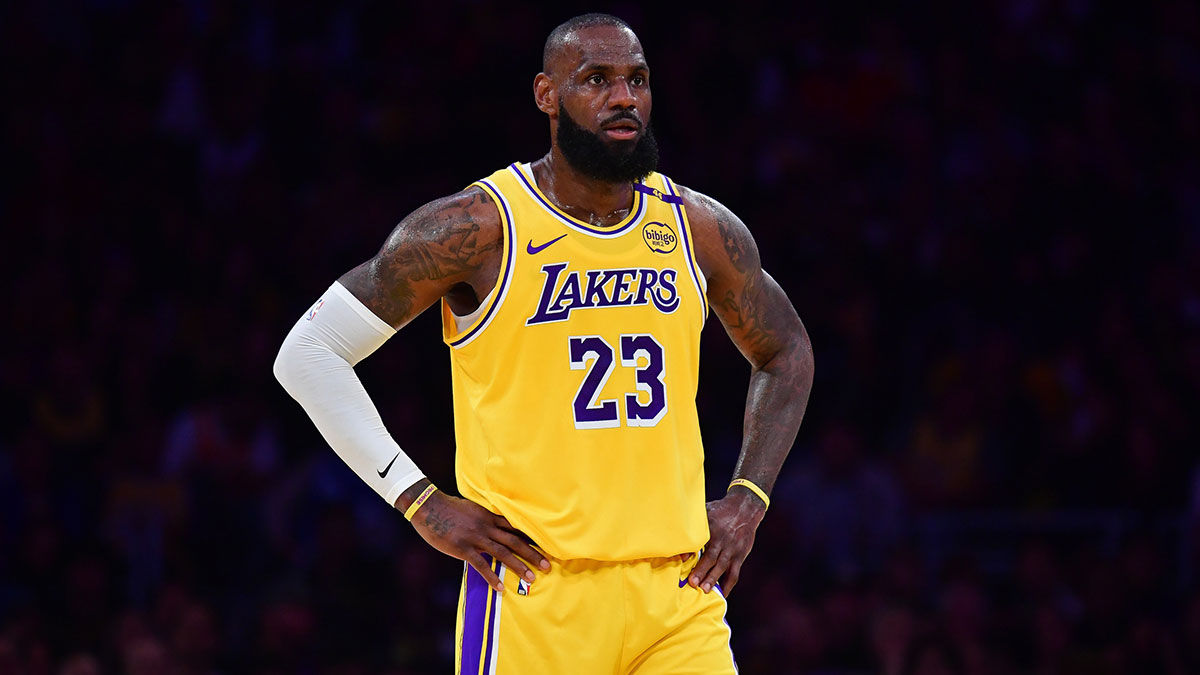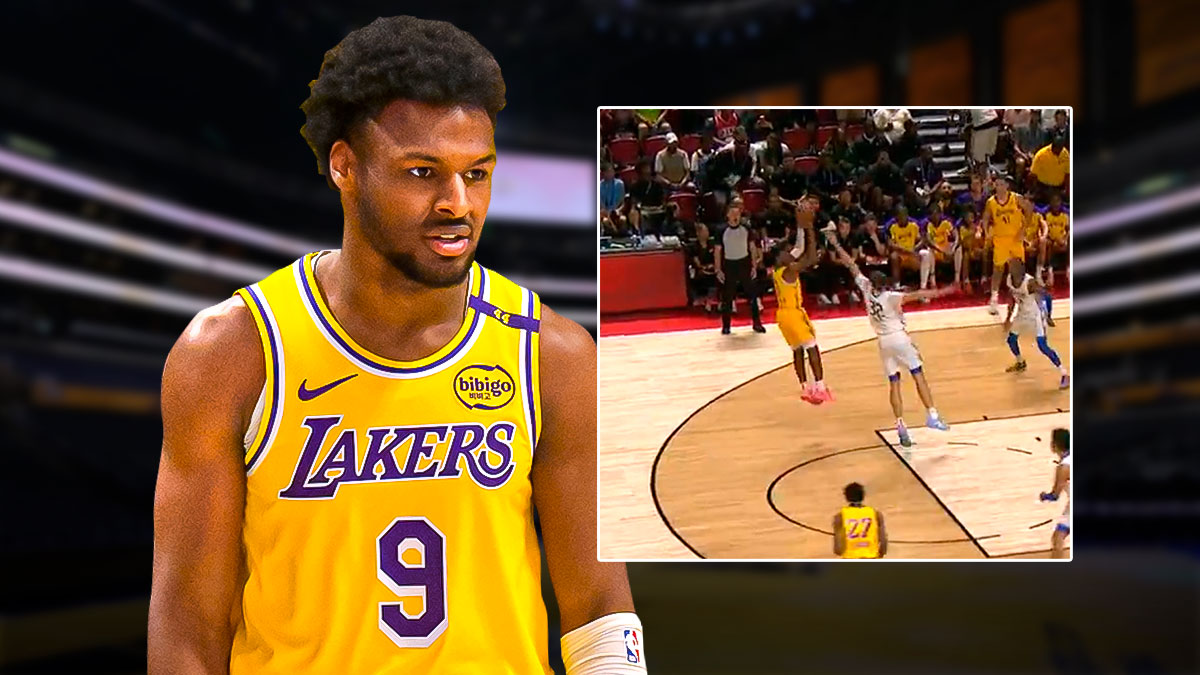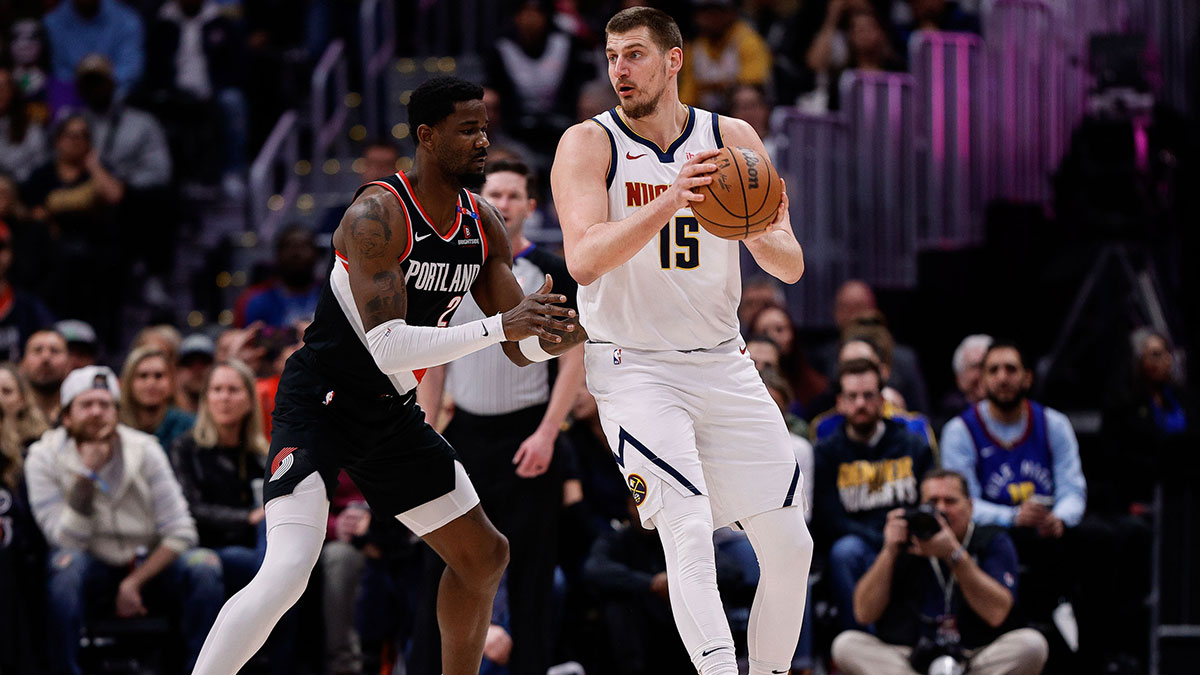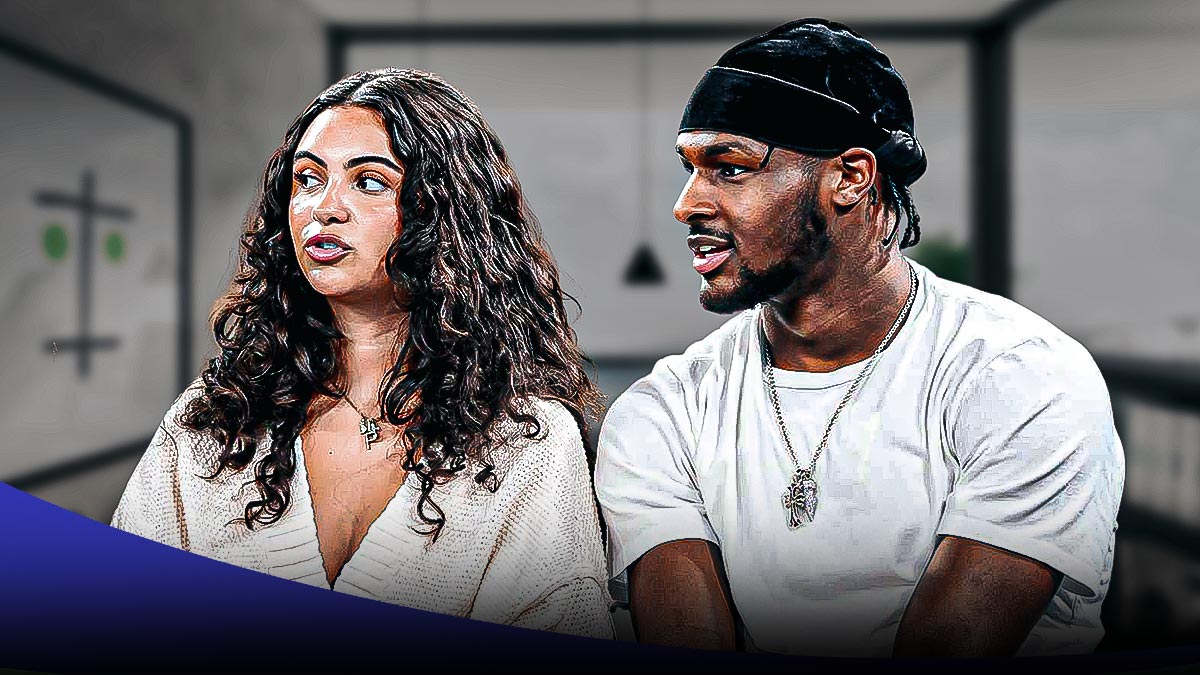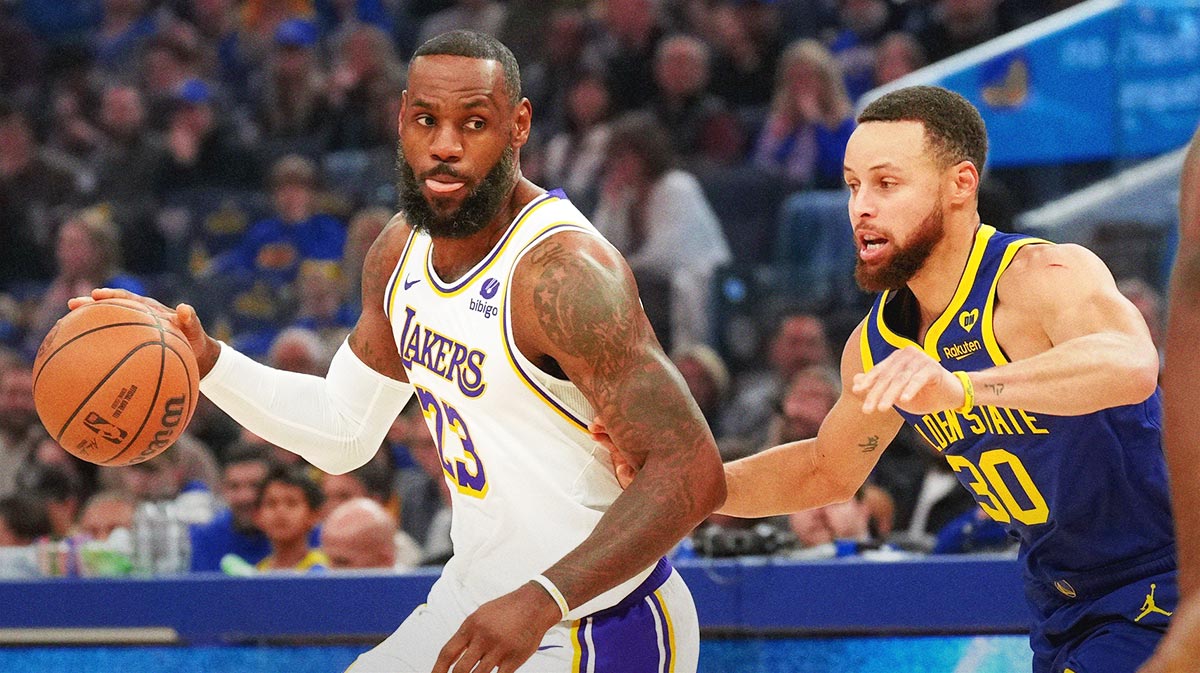To be clear: the Los Angeles Lakers should not regret trading a king's ransom to the New Orleans Pelicans for Anthony Davis. The Lakers being the one seed in the Western Conference is more than enough merit to back their decision-making.
Two things can be true at the same time: Davis was worth the price of admission, and the Pelicans are making the Lakers' player development look porous in the midst of Brandon Ingram and Lonzo Ball's growth.
The Lakers traded Ingram, Ball, Josh Hart, three first-round draft picks and a future first-round pick swap to the Pelicans for Davis. It was essentially five first rounders, as Ingram and Ball were the team's 2016 and 2017 first-round draft selections, each selected with the second pick in their respective drafts. The two have excelled in New Orleans.
Ingram is averaging 24.3 points, 6.3 rebounds and 4.3 assists per game while shooting 38.7 percent from beyond the arc. He's playing in isolation, thriving off the dribble and has been the driving force of head coach Alvin Gentry's offense. Ingram has been one of the league's best frontline scorers this season and is perhaps the Pelicans' best player.
Ball is averaging 12.4 points, seven assists, 6.2 rebounds and 1.4 steals per game while shooting a career-best 38.3 percent from beyond the arc. He's moving the ball, shooting more efficiently from distance, taking what the defense gives him and doing so while sharing a backcourt with a proven force in Jrue Holiday.
While not as impactful as Ingram and Ball, Hart has also played well, serving as an offensive spark plug off the bench by means of averaging a career-high 10.2 points per game.
Why couldn't the Lakers get anywhere near this level of production?
The Lakers drafted Ingram as a forward with raw athleticism; they drafted Ball as a play-making point guard. They have the same tendencies in New Orleans as they did in Los Angeles. The difference is the Pelicans are maximizing the two youngsters' games from both an impact and production standpoint.
Ingram and Ball came out of the gate on the wrong foot with the Lakers for different reasons. On one hand, Ingram merely struggled to find his footing. Meanwhile, Ball had a microscope on every part of his game due to the overwhelming attention his father, Lavar, attracted.
When the Lakers signed LeBron James it was conceivable to think his presence would take attention off Ingram and Ball, helping get their careers on the right track. James makes everyone better, why should this be any different?
Ingram and Ball were the same players. The Lakers offense basically became “give James the ball” and if he's doubled or no shot is available someone else throws up a shot. It didn't work, as the Lakers missed the playoffs while Ingram and Ball suffered season-ending injuries after the All-Star break. Beforehand, Ingram continued to be an inside scorer but endured minimal growth, whereas Ball became a virtual non-factor with the ball in James' hands.
To put their current nightly averages in perspective, Ingram averaged 13.9 points and 4.7 rebounds per game while shooting 32.9 percent from beyond the arc across his three seasons with the Lakers. Ball averaged 9.9 points, 5.4 assists, 5.3 rebounds and 1.5 steals per game while shooting 32.9 percent from beyond the arc. One could argue that Kyle Kuzma, the Lakers' co-leading scorer in the 2017-18 season, has regressed, as he's less savvy with the ball in his hands and has been less of a scoring threat this season.
The most pivotal factor in a rebuilding team turning a corner is player development. For the better part of the last decade, the Lakers have struggled to get notable improvement from their draft picks, specifically Ingram and D'Angelo Russell (another No. 2 pick), who has developed into a stellar scorer since being traded by the Lakers in 2017.
Once more: The Lakers made the best trade for their team last summer. They had to get a star next to James and have successfully and effectively done so in acquiring Davis. At the same time, had the Lakers developed Ingram and Ball into the players they've been with the Pelicans perhaps they never trade for Davis. How much of a drop-off would the modern-day Ingram, Ball and Hart be from Davis alongside James?
The Pelicans arguably have the best young core in the NBA on the outside looking in at the playoffs. A year from now they could be one of the best cores, period. Zion Williamson has lived up to the hype in the 19 games he has appeared in this season, serving as a force on both ends of the floor. Jaxson Hayes, who the Pelicans also selected in the first round of last year's NBA Draft, has shown glimpses of being a capable rim protector and inside finisher.
The Pelicans have showcased a knack for developing young players this season. They've done as good of a job as anyone in the sport. They stopped on a dime last year, traded Davis, and are in better shape a year later. They're getting accomplished production from players on rookie deals. This is just the beginning.
The future is the present for the Lakers, and they have a great chance of reaching and winning the NBA Finals this season based merely on having the best duo in the NBA in James and Davis. Simultaneously, their organization's inability to develop young talent has been exposed. They went all in on getting a second star because they have the lure to keep that player and knew that Davis would be great alongside James. And it worked.
The Pelicans are growing players into what the Lakers drafted them to be. It exposes a chronic struggle for L.A., but it's not going to hurt the Lakers because they can afford to take the hit.

